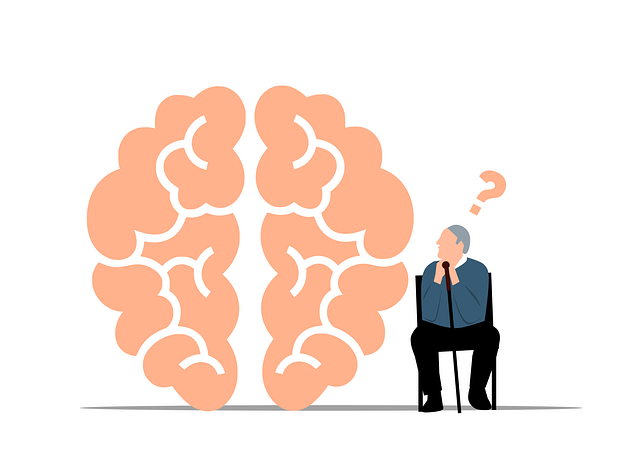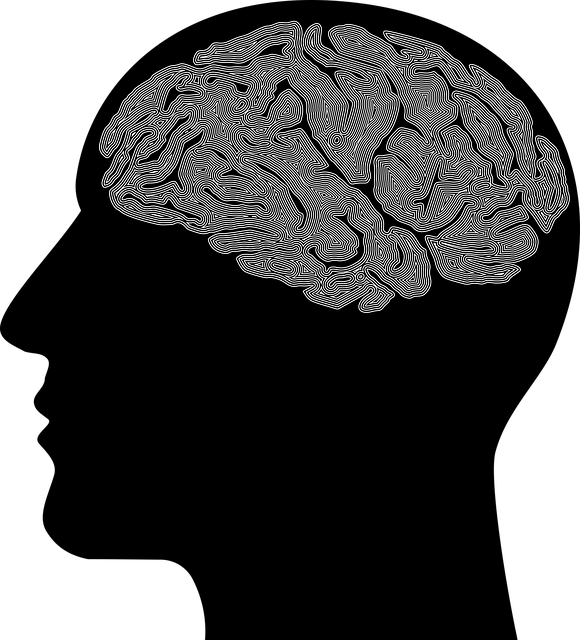Cultural competency in healthcare is crucial for supporting adult abuse survivors, ensuring sensitive care through understanding their unique cultural needs. Biases can hinder healing, so training equips professionals with skills like active listening and empathetic understanding through interactive workshops and role-playing. Evidence-based practices integrated into this training improve patient outcomes, self-care, and therapeutic environments. Pre- and post-training surveys measure success, informing tailored sessions and continuous improvement based on feedback and clinical observations, ultimately fostering a supportive healthcare environment for these survivors.
Healthcare provider cultural competency training is an essential component of delivering quality care, especially when treating survivors of adult abuse. Understanding cultural nuances can significantly impact patient outcomes and trust in healthcare systems. This article explores cultural competency in depth, focusing on its importance, the unique challenges faced by adult abuse survivors, effective training strategies, and assessment methods to ensure continuous improvement. By addressing these aspects, healthcare providers can offer more empathetic and culturally sensitive therapy for adults who have experienced abuse.
- Understanding Cultural Competency in Healthcare
- The Impact of Cultural Bias on Adult Abuse Survivors
- Strategies for Effective Training and Education
- Measuring Success: Assessment and Continuous Improvement
Understanding Cultural Competency in Healthcare

Cultural competency in healthcare refers to the ability of providers to understand and appreciate the cultural differences of their patients. It involves recognizing and respecting diverse beliefs, values, and practices, and incorporating these insights into clinical care. This is especially crucial when treating survivors of adult abuse, who often carry deep-seated trauma that can significantly impact their mental health and well-being.
Effective cultural competency training equips healthcare professionals with the skills to communicate sensitively, avoid assumptions, and provide culturally tailored therapy for adults abuse survivors. Such training may include education on various cultural contexts, awareness of implicit biases, and the design of mental health education programs that address specific needs. By incorporating stress reduction methods and mood management techniques suitable for diverse populations, healthcare providers can foster a more inclusive environment, enhance patient-provider relationships, and ultimately improve outcomes for all patients.
The Impact of Cultural Bias on Adult Abuse Survivors

Cultural bias within healthcare settings can significantly impact adult abuse survivors, creating barriers to receiving adequate therapy and support. When a survivor enters a clinical environment, they expect care that respects their cultural background and experiences—a space where they feel understood and validated. However, biases held by providers may inadvertently cause further trauma or deter survivors from seeking necessary treatment.
For instance, a provider’s lack of knowledge or sensitivity to a survivor’s cultural traditions might lead to misinterpreting symptoms or signs of abuse. This can result in inappropriate care or even suspicion towards the patient, hindering trust and openness. Additionally, cultural biases may influence a provider’s approach to crisis intervention guidance, mindfulness meditation techniques, or confidence-boosting strategies, which are essential tools in therapy for adults abuse survivors. Understanding these nuances is crucial in ensuring survivors receive effective and respectful treatment tailored to their unique needs.
Strategies for Effective Training and Education

Effective cultural competency training in healthcare involves a multi-faceted approach tailored to address diverse patient populations. One key strategy is incorporating interactive workshops and simulations that immerse participants in various cultural scenarios. These sessions should focus on developing active listening skills, encouraging open dialogue, and fostering an empathetic understanding of different cultural perspectives. By engaging in role-playing exercises, mental health professionals can enhance their ability to navigate sensitive topics related to adult abuse survivors, ensuring a therapeutic environment that respects boundaries while promoting healing.
Additionally, integrating evidence-based practices like risk management planning for mental health professionals is vital. Training should equip practitioners with tools to recognize and manage potential risks associated with cultural differences in therapy sessions. Emotional regulation techniques and mental wellness journaling exercises can be incorporated to help professionals process their emotions and reflect on their experiences, ultimately improving self-care and patient outcomes.
Measuring Success: Assessment and Continuous Improvement

Measuring success in healthcare provider cultural competency training is vital to ensure that the program effectively promotes understanding and empathy among caregiving professionals. Assessment methods should include pre- and post-training surveys to gauge knowledge gain and attitude shifts related to diverse patient populations, with a specific focus on trauma-informed care, especially when addressing Therapy for Adults Abuse Survivors. These tools can help identify areas of improvement and tailor future training sessions accordingly.
Continuous improvement is key to sustaining cultural competency. Regular feedback from trainees, peer evaluations, and clinical observations allow for the refinement of teaching methodologies. Incorporating Conflict Resolution Techniques and Self-Esteem Improvement modules within the training curriculum enables healthcare providers to enhance their interpersonal skills while preventing Burnout Prevention Strategies for Healthcare Providers, fostering a more supportive and inclusive healthcare environment.
Cultural competency training is a powerful tool in healthcare, especially when addressing issues like abuse survivors’ therapy. By understanding cultural biases and implementing effective education strategies, providers can create safer, more inclusive environments. Measuring success through assessment ensures continuous improvement, fostering better patient outcomes, particularly for vulnerable populations. This comprehensive approach to cultural competency training is a vital step towards revolutionizing healthcare delivery and offering tailored support, such as therapy for adults abuse survivors.














